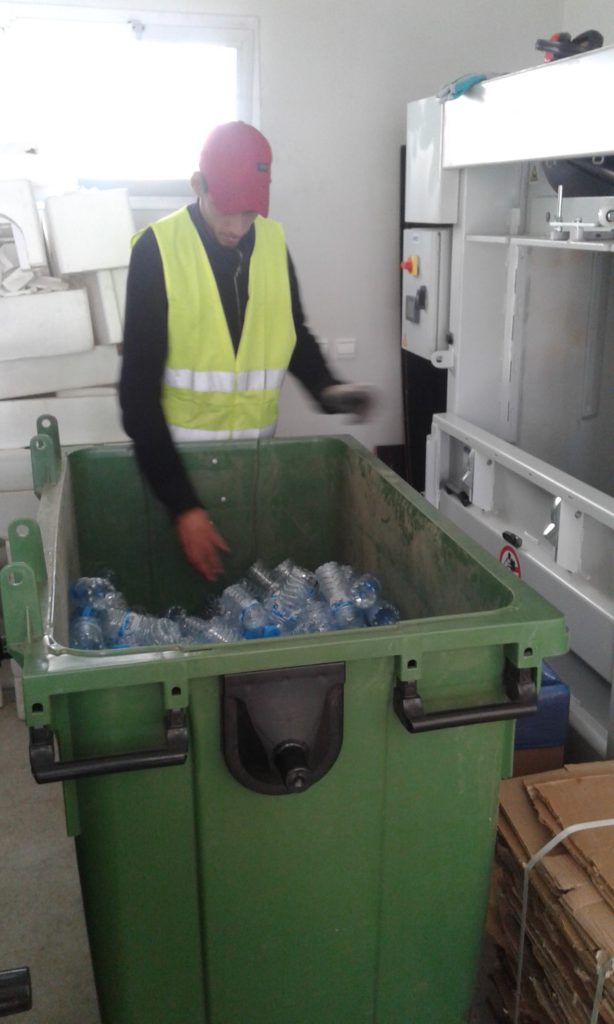Back in 2009, a high school entrepreneurship challenge sowed the creative seeds of Valenvi, a Moroccan waste management startup focused on small-scale recycling. Habib, then a bright-eyed teenager, proposed a business that would help Moroccans recycle paper more effectively.
From this idealistic beginning, Habib built upon his twin passions of sustainable waste management and business innovation. “I wanted to combine entrepreneurship and the environment,” says Habib. Since 2016, Valenvi has been manufacturing sorting bins and, for some clients, arranging recyclable waste collections.
Valenvi aims to improve small-scale recycling in Morocco by harnessing the informal “trash pickers” who scour rubbish dumps for recyclable materials. The World Bank acknowledges the important, often unseen role of trash pickers in developing economies, generating small profits from giving a second life to waste. Morocco has plenty of these pragmatic recyclers on hand, with 600 illegal trash pickers operating at the Mediouna landfill site outside Casablanca alone. Yet trash pickers suffer from social stigma surrounding their work, and sometimes endure police harassment.
Valenvi empowers Morocco’s trash pickers by giving them safer work conditions and greater employment prospects for the future. At the same time, everyday citizens learn how to divide rubbish more effectively with Valenvi’s sorting bins, ensuring that Morocco’s overall recycling process becomes smoother. Habib still faces typical challenges for a startup business — profitability and storage space — while also striving to raise public awareness about small-scale recycling.






